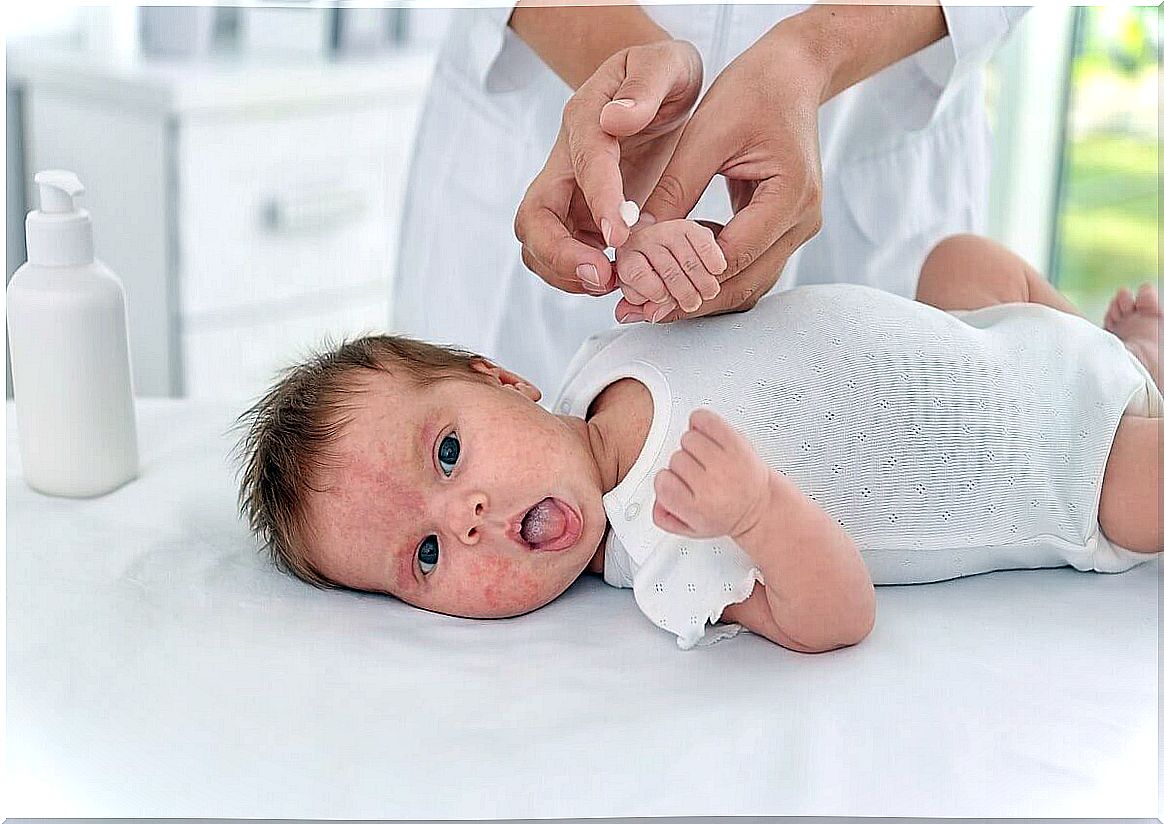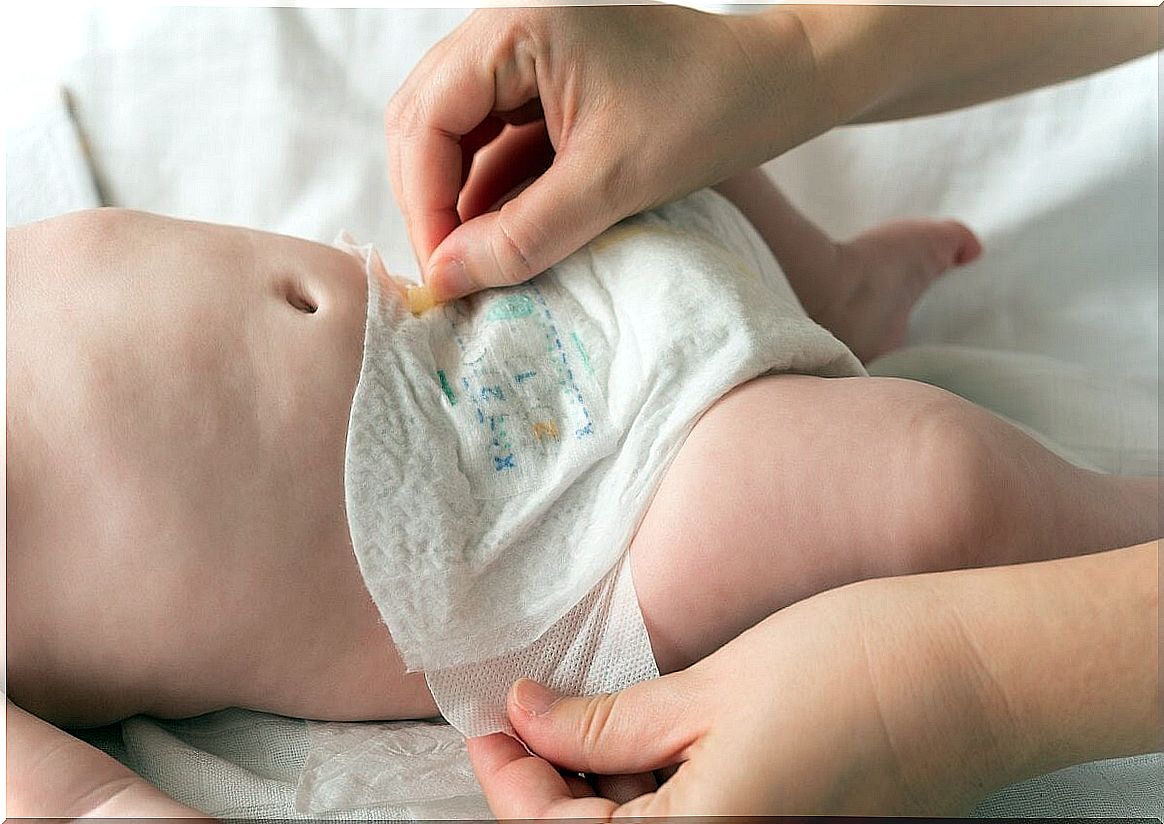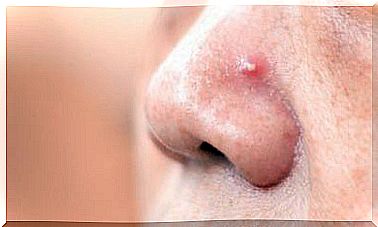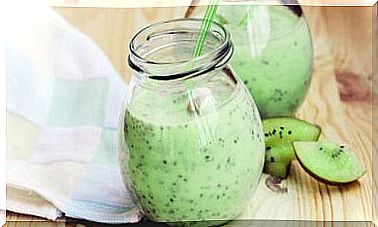Newborn Skin Care
Knowing the care of the newborn’s skin is decisive for all parents. Although the skin barrier of healthy babies is competent, its function continues to develop for at least the first year of life.
Consequently, the susceptibility to dryness and irritation by external factors is higher than at other ages. Thus, too much heat or cold can trigger allergic reactions. Even certain products can become aggressive. So what should you watch out for?
Newborn skin care
First, it is critical that baby cleansers and moisturizers are well tolerated and do not disturb the stratum corneum. After birth, the skin is sensitive and exposed to factors that can cause the skin barrier to break down. This includes the following:
- Saliva.
- Nasal secretions.
- The urine.
- Stool (including fecal enzymes).
- The dirt.
Due to daily exposure to these factors, it is essential to ensure optimal skin cleansing and adequate protection of the baby’s skin barrier. To do this, it is convenient to put into practice the recommendations that we mention below.
Skin hygiene
Hygiene of the newborn’s skin should begin when the body temperature is already stabilized. At birth, the pH of the skin is neutral; later, it becomes acidic.
The use of alkaline soaps causes a temporary increase in pH and predisposes to infections and irritations. For this reason, neutral or low acid and non-perfumed soaps are recommended, in minimal doses.
During the first two weeks it should only be cleaned gently with warm water. Excessive temperature, the abundant use of soaps, the duration or frequency of baths, among others, contribute to dry skin (irritant dermatitis), according to studies by Pediatric Dermatology.

Temperature
To ensure good skin care for babies, you must consider the temperature. For what reason? When it is too high, it can affect the appearance of sweat or hyperthermia. Meanwhile, if it is very cold, it leads to hypothermia or panniculitis.
Thus, adequate protection against changes in temperature must be ensured, especially in times such as summer and winter. According to information from the American Academy Pediatrics, babies younger than 6 months should be kept out of direct sunlight as much as possible.
You may be interested: Tips for skin care for babies and children in summer
Antiseptic solutions
The use of antiseptics in conjunction with products for cleaning healthy skin is not supported, since it causes the alteration of the skin’s microbiological ecosystem and contributes to the proliferation of other types of microorganisms. In addition, alcohol is easily absorbed and can cause burns or changes in the pH of the skin.
Emollients
Emollients can be used as part of newborn skin care. As long as they have the right formula for use in babies, they help to improve the function of the skin barrier after bathing. It is even advisable to consider its use twice a week.
In order to avoid occlusive effects, the ideal is to apply a thin layer and avoid trapped residues in the skin folds. Otherwise, as detailed in a publication in The Journal of Investigative Dermatology , thermal dysregulation and bacterial colonization can occur.
Navel care
The umbilical cord is usually shed between 5 and 15 days after birth. Prior to separation, the stump can be viewed as a wound and thus a likely entry point for germs.
Thus, the cord should be kept dry and clean, without gauze or protection around it. It is also advisable to wear loose clothing and avoid covering the umbilical region with a diaper. In this case, the use of an antiseptic agent is indicated to be applied at each diaper change on the cord.
Diaper area skin care
Diaper rash is common and affects most babies at least once. The occlusive environment of the diaper harbors a complex interplay of potentially damaging factors. In this regard, a publication in the Indian Journal of Pediatrics highlights that it is convenient to keep the area clean and dry.
When moisture is retained for a long time in the diaper, friction increases and maceration occurs on the skin, in addition to more permeability and microbial growth.

Read also: Types of dermatitis and their main characteristics
What to remember about newborn skin care?
Newborn skin is more delicate, since it has not fully developed its barrier. Due to this, it is essential to put into practice some care associated with hygiene and the use of certain products.
As far as possible, care must be taken of skin integrity and the risk of allergic reactions or infections must be reduced. Therefore, it is necessary to consider aspects such as temperature and the proper use of antiseptics and emollients.









